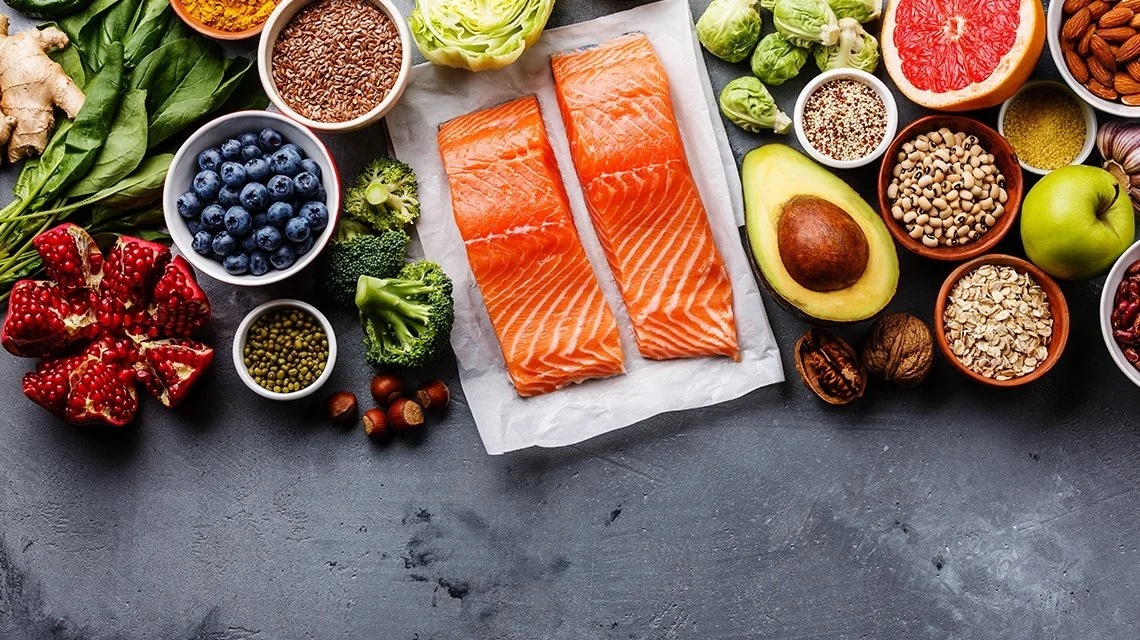Vitamin D-Rich Foods and Supplemental Vitamin D: What’s the Difference?
Last week’s blog covered the importance of vitamin D, especially during the winter months when sunlight is limited. Typically we are able to get vitamin D from the sun by absorbing UV-B radiation through our skin, which is then converted to vitamin D3 in the body. When the air gets colder and we start spending less time outside, we become at risk of vitamin D deficiency if we don’t consume enough foods that are high in vitamin D. Taking vitamin D in supplement form is also an option if you know that you don’t consume many foods that are high in vitamin D. So, let’s get into examples of vitamin D-rich foods and the role of supplemental vitamin D.
Foods high in vitamin D are important for maintaining healthy bones, supporting the immune system, and promoting overall well-being. Fatty fish, such as salmon, mackerel, and sardines, are among the best natural sources of vitamin D, providing the vitamin in its most bioavailable form, D3 (cholecalciferol). Other animal-based sources include eggs and cheese, though they contain smaller amounts of vitamin D. Many plant-based foods are also fortified with vitamin D, such as plant milks (almond, soy, and oat), breakfast cereals, and orange juice. These fortified options are especially important for individuals who follow a vegetarian or vegan diet. While obtaining adequate vitamin D from food alone can be challenging, especially for those with limited sun exposure, incorporating these foods into the diet can help support optimal vitamin D levels!
Supplemental vitamin D and vitamin D obtained from foods both serve the same essential function in the body, but they differ in their sources, bioavailability, and convenience. Again, foods high in vitamin D provide vitamin D in its natural form, primarily as vitamin D3 (cholecalciferol), which is efficiently absorbed by the body. However, the amount of vitamin D in foods can be limited, and it can be difficult for some individuals to meet their daily requirements through diet alone. On the other hand, supplemental vitamin D, available in both D2 (ergocalciferol) and D3 forms, offers a more concentrated dose, making it a practical option for those with limited sun exposure, dietary restrictions, or specific health needs. While vitamin D from food sources is generally considered more natural and easier to digest, supplements provide a reliable way to ensure adequate intake, especially for individuals at risk of deficiency. The key difference lies in the convenience of supplements and the ability to precisely control intake. If you are interested in taking supplemental vitamin D, be sure to consult with your healthcare provider to see if it is a right fit for you!

